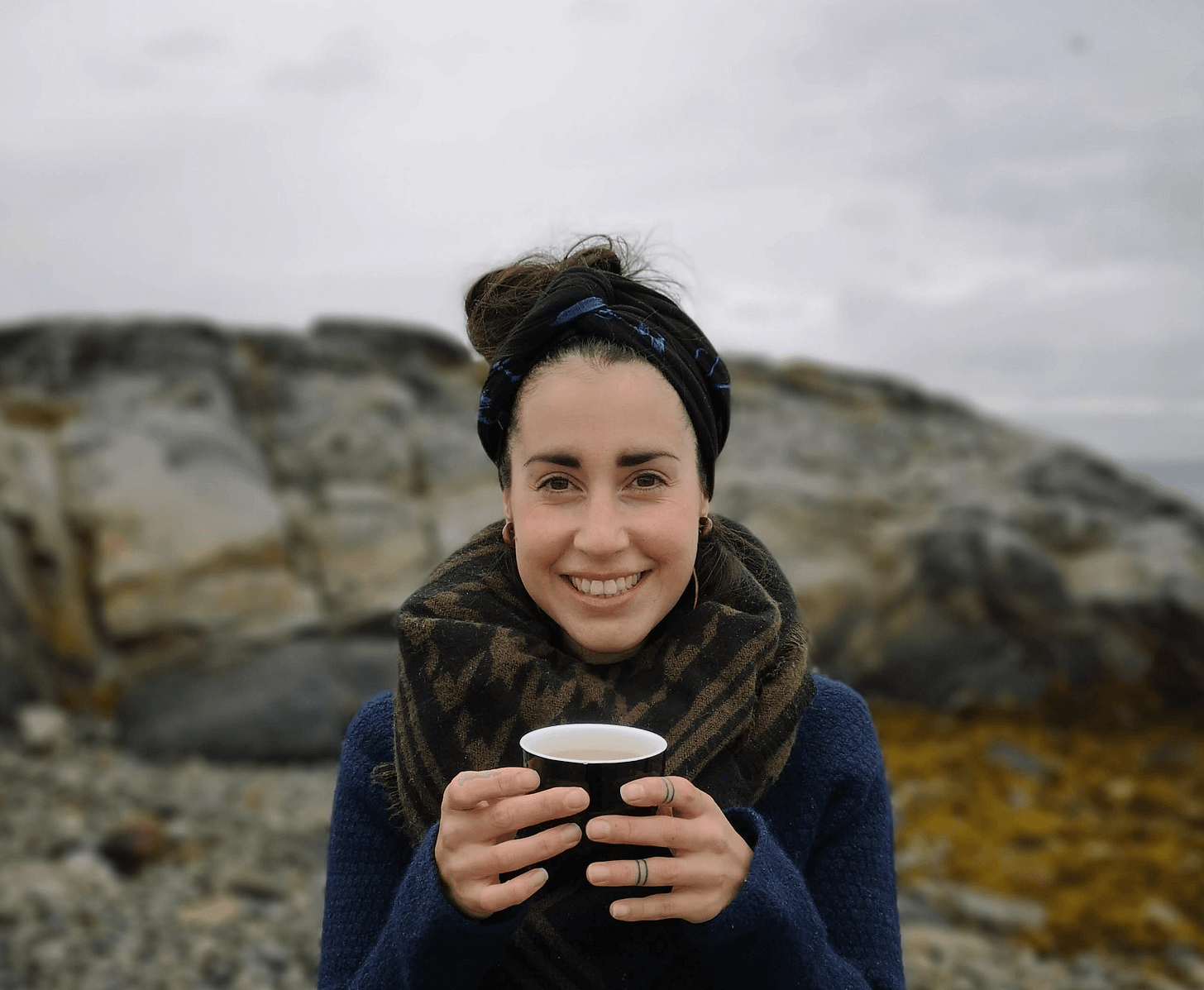Why a Plant-Based Diet Is Not For All
In the last 100 years, Greenland's food pyramid turned upside down. We speak with scientist Aviaja Lyberth Hauptmann on how her research challenges modern diet recommendations.
Is eating plant-based really the best for people and the planet? The Inuit have managed to survive in the Arctic Circle for a millennia, relying mainly on animal-sourced food. In the last 100 years, the Greenlandic diet has changed dramatically influenced by Western food norms and dietary recommendations. This has brought up many societal, economic, and culture issues, especially around food and health.
Aviaja Lyberth Hauptmann is a micorobiologist. Her work explores disappearing Greenlandic foods, the effect of microbes on our health, and how what we eat influences our diet, culture, and the economy.
In this conversation, we explore Aviaja’s work on the Greenlandic Diet Revolution. Speaking with her certainly challenged how I think about plant-based diets and their ability to help us solve the climate crisis. It also made me think hard about food’s role in culture and the importance of not eroding that history with a one-size fits all solution. What does the episode bring up for you? I invite you to e-mail me back your thoughts.
🇮🇸 The Michelin chef preserving Iceland’s food traditions
🇫🇴 What is the Faroese kitchen?
🌳 How foraging is creating an alternative food system in the Baltics
📝 The EAT-Lancet report, which greatly influenced global dietary recommendations
Episode Transcript
Update: Since this episode was released, Aviaja received funding to establish a new research group, the ASI Inuit Microbiology Lab, supported by Ilisimatusarfik (University of Greenland), Pinngortitaleriffik (The Greenland Institute of Natural Resources) as well as the GLOBE Institute at the University of Copenhagen. Aviaja is also working on building a new biology bachelor program at Ilisimatusarfik focused on the specific strengths of Greenland and the Greenlandic people.
Analisa Winther, Nordic FoodTech 1:37
So, welcome to the show. You're actually our first guest that has a focus on Greenland. So, I'm especially excited to talk to you and learn from you today. And I wanted to get started by understanding a little bit of your background and how you came into this world because when I was reading up for this, I saw that you were working on the cryosphere or the frozen environment, and you ended up switching to native foods and the study of native foods and native cultures. So why?
Aviaja Lyberth Hauptmann 2:07
So, my background is in microbiology. I did a Ph.D. focusing on microbial genomes in the cryosphere or as you said, frozen environments. But when I finished my Ph.D., I started thinking that if I could make my own project using the skills that I had acquired throughout my education, what would I be focusing on? And I thought, “I really want to focus on something that's close to people in some ways.” And for me, coming from Greenland and asking that question, there was really just one answer. What's closest to people here? It’s our food. Our food is a major part and a cornerstone, I would say, of our culture. So, I thought if I can work with our native food in Greenland with my microbiological angle that would be a dream thing to do.
Analisa Winther, Nordic FoodTech 3:08
Yeah and before we dive more into the cultural aspect, for people who are not totally versed in what microbes are, can you give us the quick lowdown or a broad overview?


